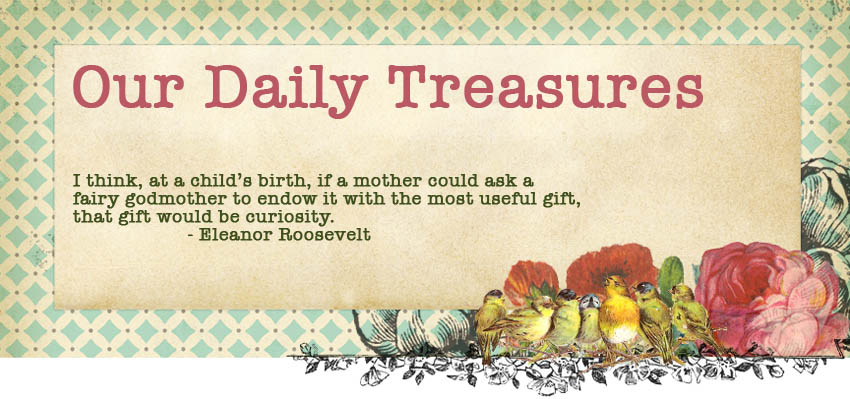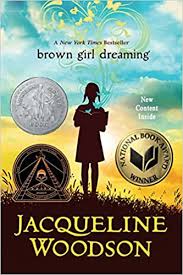Monday 28 September 2020
Learning to Listen #14 - brown girl dreaming
Monday 21 September 2020
Learning to Listen #13 - Red at the Bone
This week I read "Red at the bone" by Jacqueline Woodson. This is another fictional book by a black female author as I try to get a sense of Black history and culture through modern art (literature). For many years I was a "classics snob", in that I refused to read anything written after about 1910. I felt the modern market was flooded with so many books I couldn't possibly wade through the coal to find the diamonds. So I stuck with tried and true classics.
Monday 14 September 2020
Learning to Listen #12 - Washington Black
This week I read the novel "Washington Black" by Canadian female author Esi Edugyan. When I made my first reading list, most of my books were non-fiction books directly addressing racism. But early on I heard a Black voice plead that white readers branch out in their reading to include books by Black authors as well, to understand the Black experience through arts and culture also.
Monday 7 September 2020
Learning to Listen #11 - Separate is Never Equal
This week I read another picture book, called "Separate is Never Equal" by Duncan Tonatiuh. It tells the story of the Mendez family's fight for equal education in America. Their fight in the justice system happened seven years before the Brown v. Board of Education ruling (that ended segregation in schools in America).




